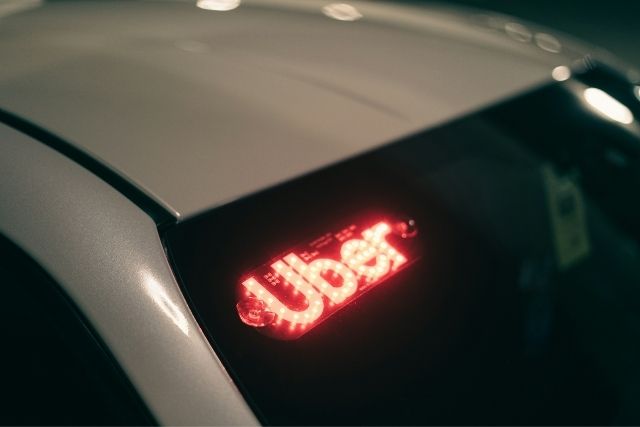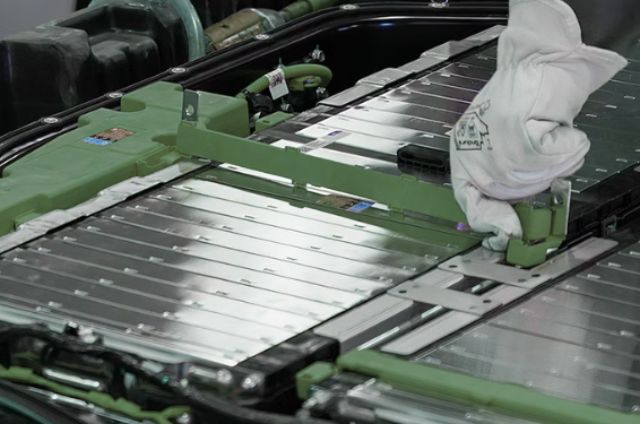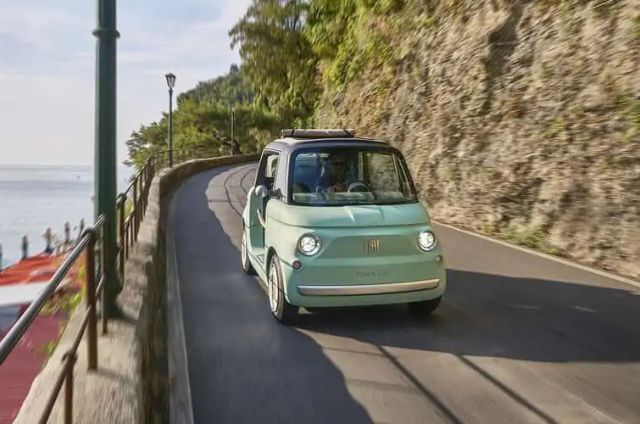As ride-hailing services become increasingly integral to urban transport, Uber is stepping up its commitment to sustainability by prioritizing electric vehicles (EVs). In a recent interview, Dara Khosrowshahi, Uber’s CEO, highlighted the company’s strategy to encourage riders to opt for electric cars, even if it means waiting a few extra minutes.
Khosrowshahi’s remarks emphasize a crucial point: “A couple of minutes isn’t going to kill anyone.” As Uber rolls out features that allow customers to choose electric rides, he argues that the slight inconvenience is worth the environmental benefits. The CEO advocates for governmental support in boosting electric vehicle sales, noting that a shift to high-quality, affordable EVs, including those from Chinese manufacturers, can help combat climate change.
Uber’s Goal to Zero Emissions by 2040
Uber has set an ambitious goal to transition all its rides and deliveries to “zero emissions vehicles” by 2040. Currently, many Uber drivers still operate gasoline or hybrid vehicles, with a push to increase the availability of electric options. In London, about one-third of Uber drivers have already switched to EVs, but adoption rates are slower in other regions.
To facilitate this transition, Uber is enhancing its app to allow users to permanently register a preference for electric vehicles, further streamlining the process for eco-conscious riders.
Khosrowshahi urges governments to provide more substantial support for EV adoption, particularly targeting high-mileage drivers like Uber operators. He believes that assisting corporate fleets could significantly enhance the transition to electric vehicles. However, he acknowledges that concerns about EV charging infrastructure have hindered sales growth in various parts of the world.
Pricing Dilemma for Uber
One of the significant hurdles to widespread EV adoption is pricing. Khosrowshahi points out that while Chinese-made electric vehicles offer a cost-effective solution, tariffs imposed by the U.S. and European Union are seen as an unfair trade practice. He advocates for a balanced approach to subsidies that benefits both businesses and individual buyers.
As Uber continues to expand its delivery services, Khosrowshahi envisions a future where Uber can rival giants like Amazon. The integration of electric vehicles into its fleet is a step towards a more sustainable model that benefits both the company and the environment. With ongoing discussions about government support and the potential for cheaper EVs, Uber is poised to play a significant role in the transition to greener transportation.



